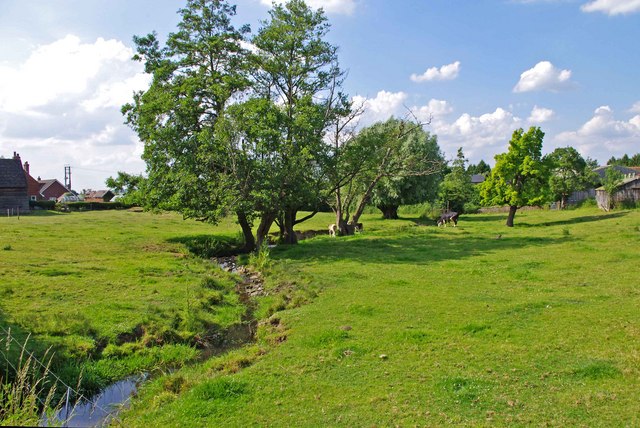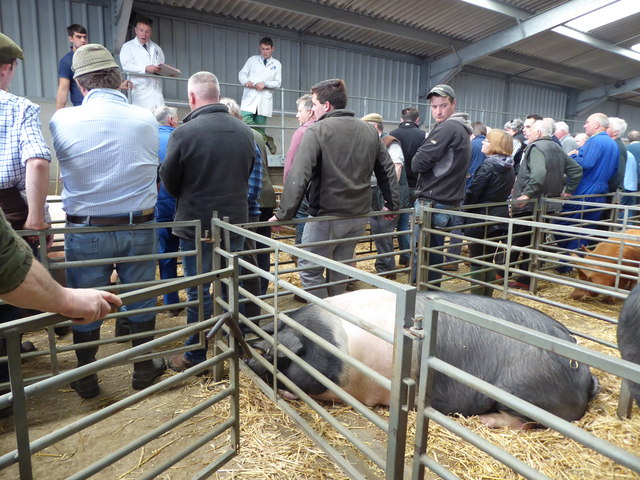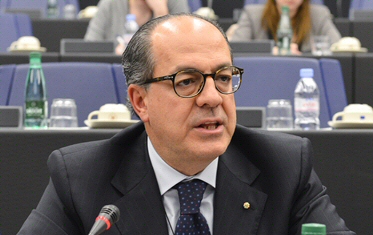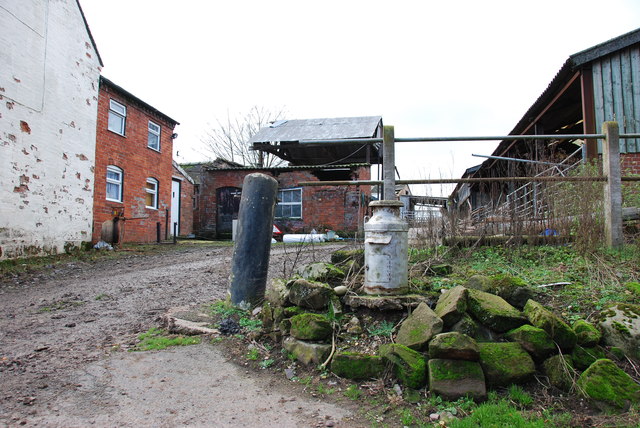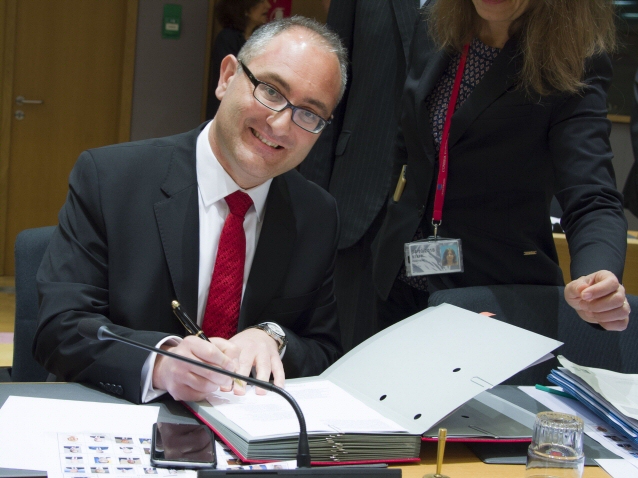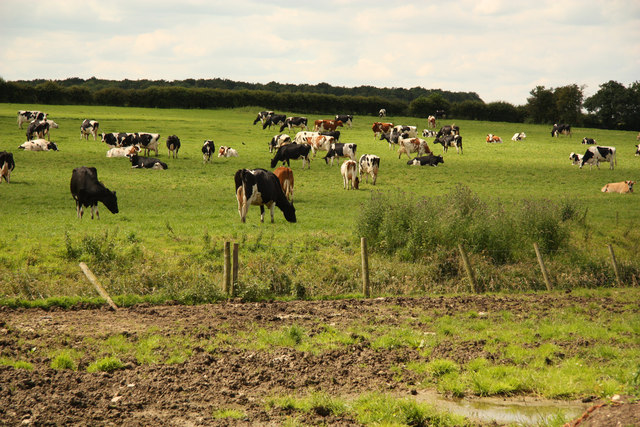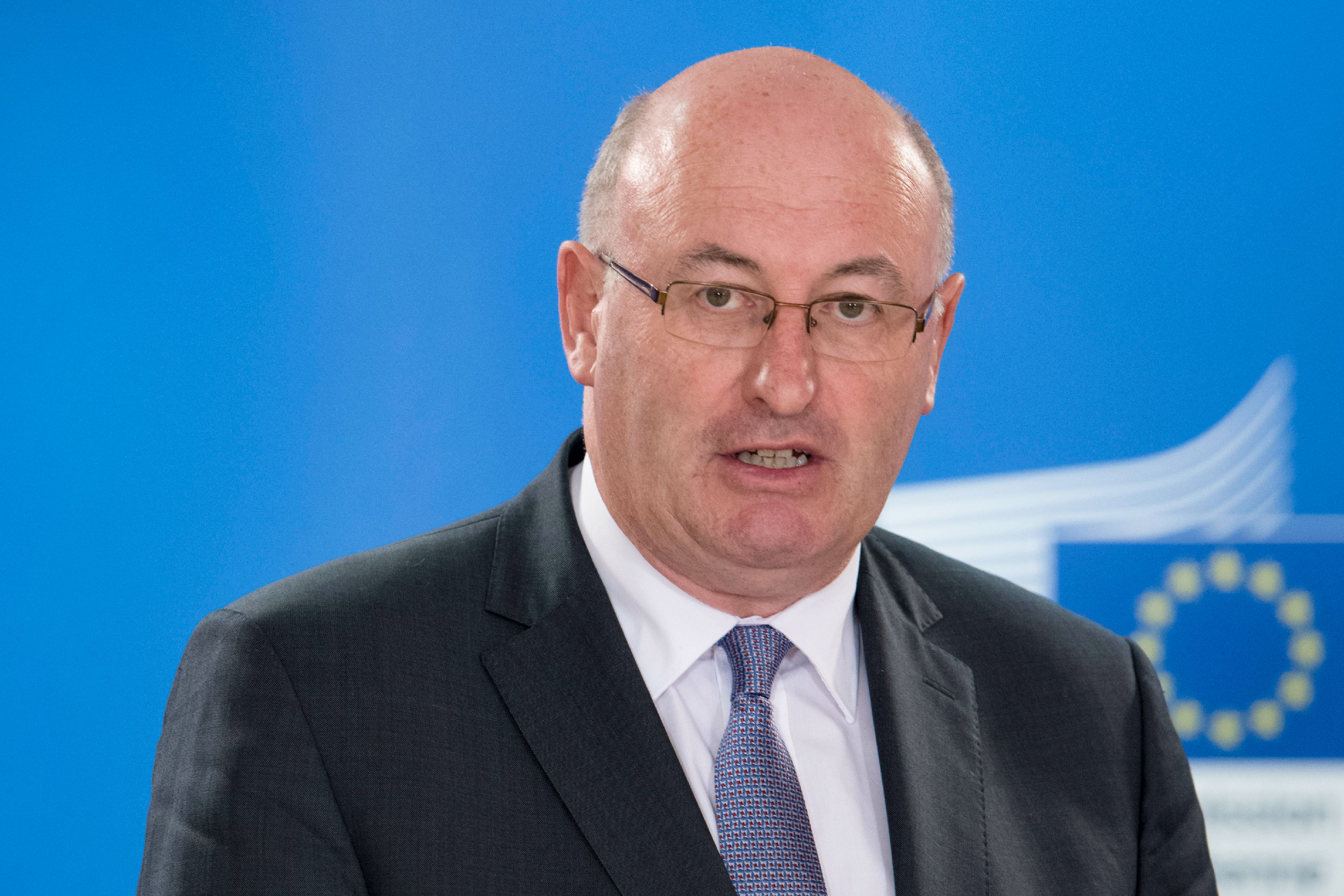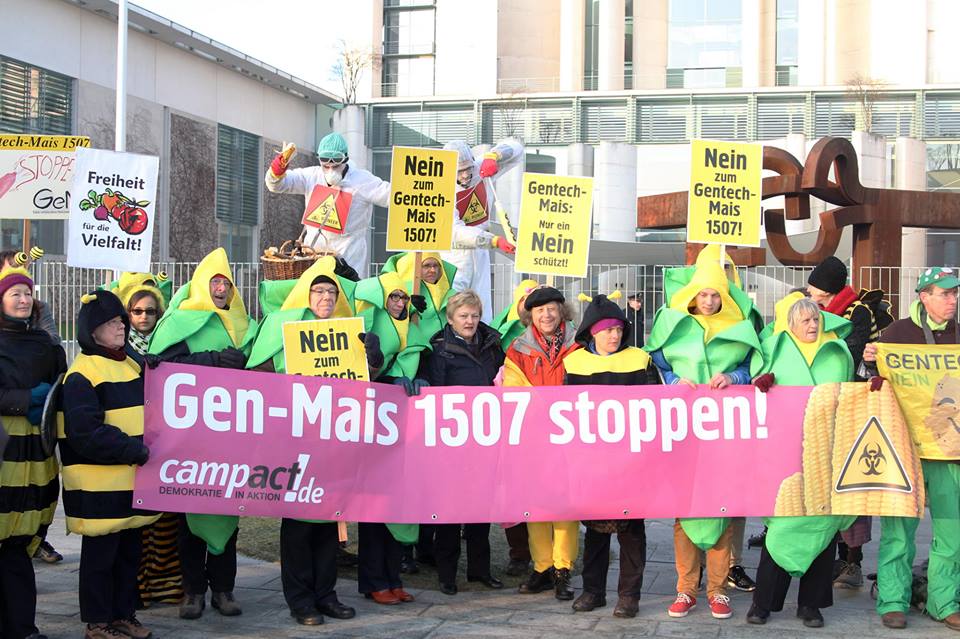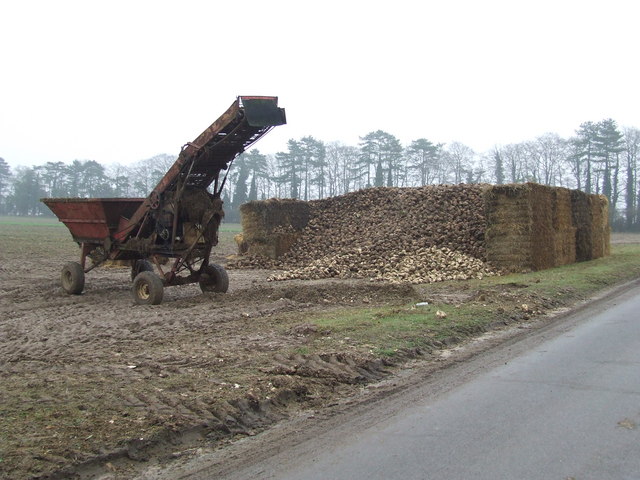We are pleased to publish this guest post by David Blandford (Penn State University) and Berkeley Hill (Imperial College London).
The President of the National Farmers Union (NFU) of England and Wales told the Food Manufacture Group’s Business Leaders’ Forum (Feb 14, 2017) that the NFU is currently actively lobbying the UK government to ensure that British farmers are not disadvantaged with respect to their main competitors in Europe following Brexit. The fear seems to be that cuts in the £3 billion of direct aid, which seem highly likely when Britain leaves the EU and its CAP, will result in a non-level playing field in which UK farmers are put at a competitive disadvantage.… Read the rest

